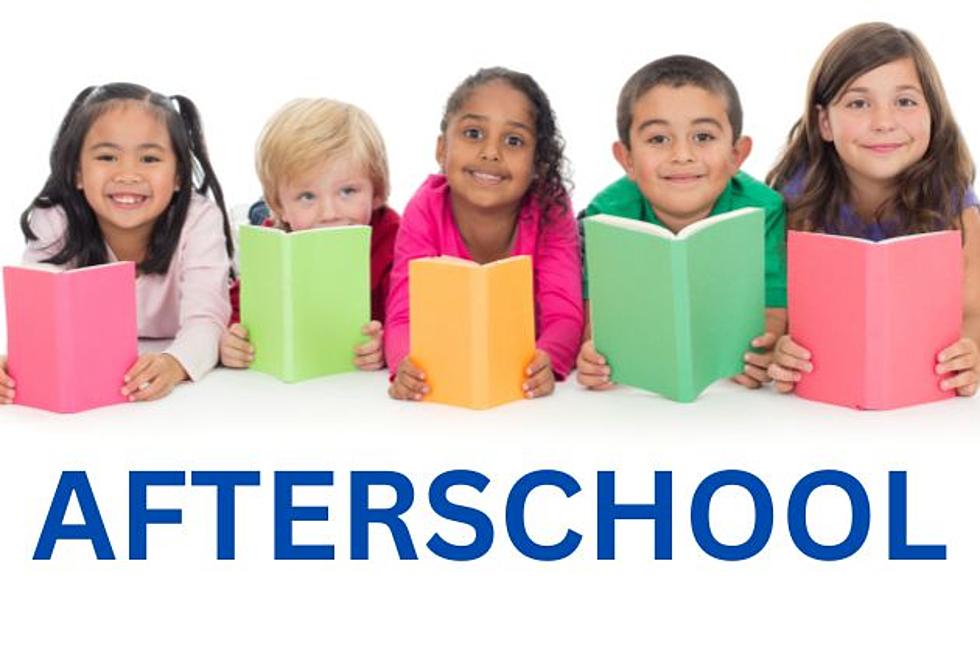
Afterschool Struggles in NJ: 3 Kids Waiting for Every 1 Enrolled
Written by Dino Flammia
Many afterschool programs in New Jersey, like those across much of the nation according to a new survey, are still struggling to bounce back to pre-pandemic operation levels.
The demand is there — families and kids want in — but the school- and community-based operations can’t take them all, mainly due to a shortage of help.
“For every one child that’s in a program in New Jersey, three more are waiting,” Ebony Grace, CEO of the New Jersey School-Age Child Care Coalition, told New Jersey 101.5.
The primary obstacle experienced by afterschool programs is recruitment of staff. Closed completely during the peak of the coronavirus pandemic, many centers lost workers to other businesses that reopened sooner, paid better, and didn’t require in-depth training.
In one Newark program, Grace said, families were on a waiting list for three months until enough staff could be hired. They were struggling to find workers even after raising hourly by pay $3, to $19 total.
In a nationwide survey by Afterschool Alliance, 85% of providers said they’re concerned about their ability to hire and/or retain staff. Nearly one in four were not yet able to operate at pre-pandemic capacity when surveyed in the fall.
“At this time when the need for afterschool programs is so great, it is deeply disappointing that our survey found that just 19% of programs have been able to access COVID-relief funds,” said Jodi Grant, executive director of Afterschool Alliance.
While searching for adequate workers, afterschool programs are also dealing with rising costs related to caring for each child. At the same time, programs like the one in Newark mentioned above are reaching deeper into their pockets to increase pay for staff.
But, according to Grace, the knee-jerk reaction by programs is not to pass those added costs on to parents. And you can’t just bring in more kids to cover costs, because licensed centers must maintain a specific staff-to-child ratio.
“A lot of our afterschool programs … are in underserved and under-resourced communities,” Grace said. “The cost of rent may go up, the cost to pay the staff may go up, but you also don’t want to have the families that you’re serving absorb those costs.”
Dino Flammia is a reporter for New Jersey 101.5.